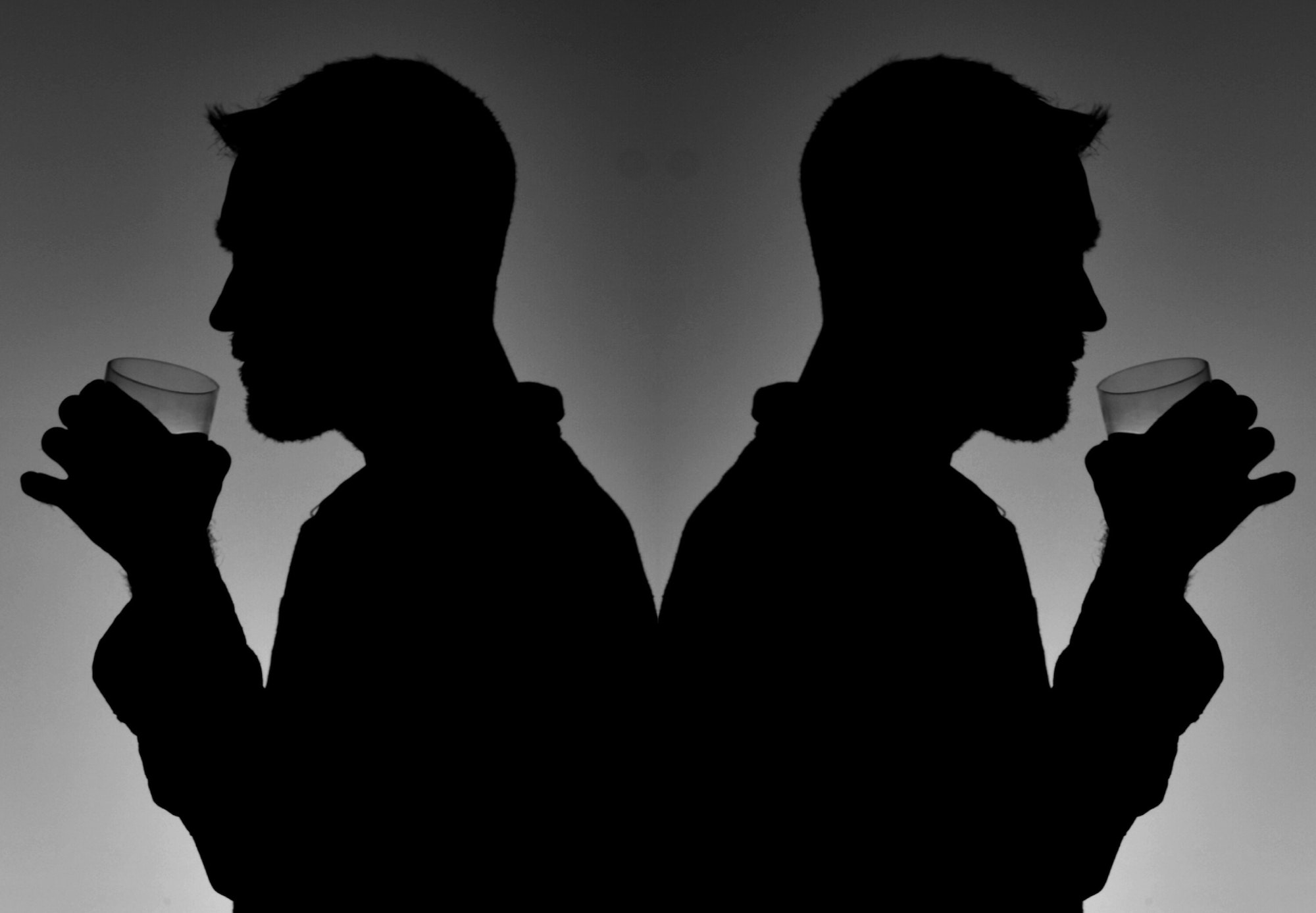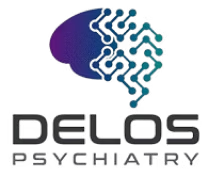Bipolar Disorder
- Home
- Bipolar Disorder
Bipolar Disorder Treatment Specialist in Boulder, CO
Bipolar disorder is a mental health condition that is identified by extreme mood swings that range from emotional highs and lows. Our professionals at Delos Psychiatry are here to help you. For more information, call us or schedule an appointment online. We are conveniently located at 2501 Walnut St. Suite 204 Boulder, CO 80302.
What is Bipolar Disorder?
Bipolar disorder is a mental illness that causes people to experience extreme changes in mood. People with bipolar disorder may have periods of very high energy and activity levels (known as mania) followed by periods of low energy and depression. Mania is different from normal periods of high mood in that it lasts anywhere from days to months. People often do not sleep and feel they do not need sleep during their manic episodes.
Mania can present with long periods of increased energy, extreme talkativeness that is hard to interrupt, difficulty concentrating, and new, grandiose goals that are out of character for the individual. People in manic episodes often become impulsive and engage in high risk behavior such as gambling, increased sexual activity, and illicit drug use. They often have trouble staying on topic and finishing their thoughts. In addition, they can have increased movement and look like they are “bouncing off the walls”.
When the manic episode stops, those with Bipolar Disorder often go into a deep depression and experience polar opposite symptoms. They may present as sad, low energy, irritable, or suicidal. It is important to treat Bipolar Disorder even if patients feel well due to the massive drop in mood that often comes after a manic episode.

What is the difference between Bipolar Disorder Type 1 and Bipolar Disorder Type 2?
Bipolar Disorder, Type 1 is diagnosed when there is a manic episode that lasts 7 days or more, a manic episode that results in hospitalization, or co-occurring psychosis during the manic episode. Bipolar Type 1 often has associated depressive episodes, but it is not necessary to have a depressive episode to have the diagnosis.
Bipolar Disorder, Type 2 is diagnosed when the subject has experienced a hypomanic episode as well as a full depressive episode. Hypomanic episodes last 4-7 days, or they can last longer but at a lower intensity than a full manic episode. A depressive episode is defined as a two week period in which the individual experiences severely low mood, poor sleep, decreased energy, decreased concentration, poor appetite, or suicidality, among other symptoms.

What causes Bipolar Disorder?
It is unclear exactly what causes Bipolar Disorder, but we do know that genetics and environmental factors play a big role. People with family members who have Bipolar are much more likely to develop it themselves. Stressful situations such as trauma, physical illness, and poor childhood support can trigger Bipolar Disorder in those who have a genetic predisposition to the illness. Damage to the brain caused by motor vehicle accidents, stroke, or seizures can also lead to Bipolar Disorder.
Studies have shown that those with Bipolar have increased levels of dopamine and glutamate, (excitatory neurotransmitters) in their brain. There is also evidence that the prefrontal cortex, the part of your brain responsible for willful actions, may have decreased activity, while the amygdala and limbic system, the emotional part of your brain, may be hyperactive.
What are my treatment options for Bipolar Disorder?
Bipolar Disorder is best treated with mood stabilizers and dopamine antagonists (antipsychotics). Mood stabilizers include Lithium as well as epilepsy medications such as Valproic Acid, Carbamazepine, or Topiramate. Dopamine antagonists include medications like Olanzapine, Aripiprazole, or Quetiapine. These medications are usually warranted for the manic phase of the illness.
The depressive phase can unfortunately not be treated with most traditional antidepressants such as SSRIs due to the risk of exacerbating mania. There is good evidence for medications such as Bupropion, Lurasidone, Quetiapine, and Lamotrigine. Severe cases of Bipolar Disorder may also be treated with ECT or TMS, depending on the case. Non medication treatments include talk therapy (for the depressive phase) and Interpersonal and Social Rhythm Therapy. The later includes adhering to a schedule of when you eat, sleep, and do your daily activities so that your circadian rhythm normalizes.
Delos Pschyiatry’s highly trained staff is available for patients in Boulder, CO, and can help them take control of their condition. For more information, call us or schedule an appointment online. We are conveniently located at 2501 Walnut St. Suite 204 Boulder, CO 80302. We serve patients from Boulder CO, Denver CO, Silverthorne CO, Longmont CO, Superior CO, Lafayette CO, Broomfield CO, Erie CO, and Niwot CO.


